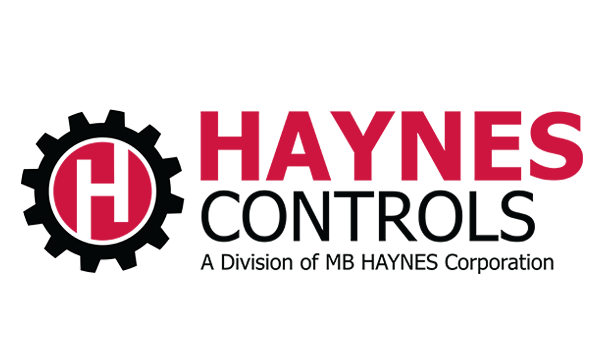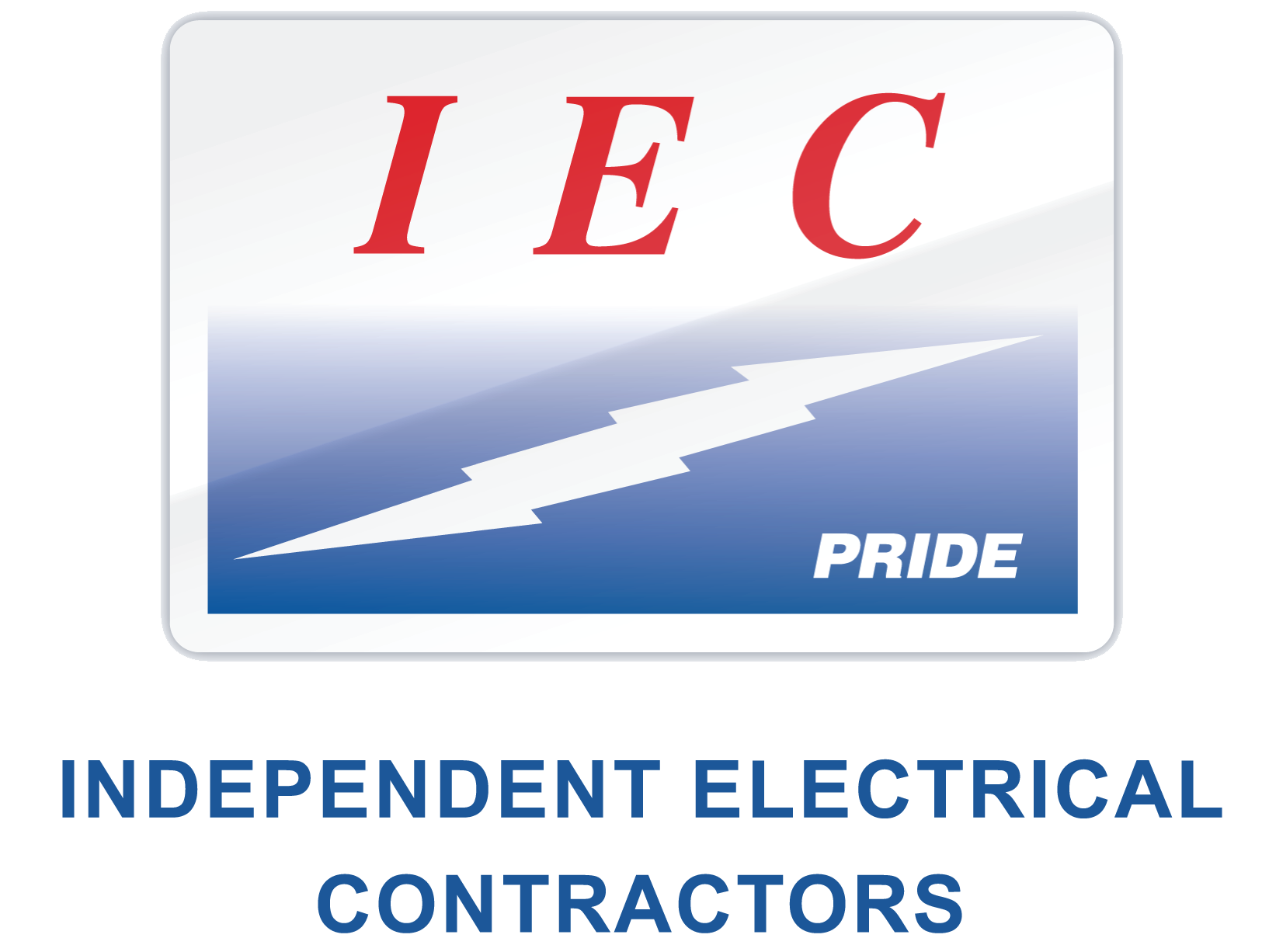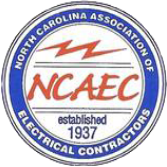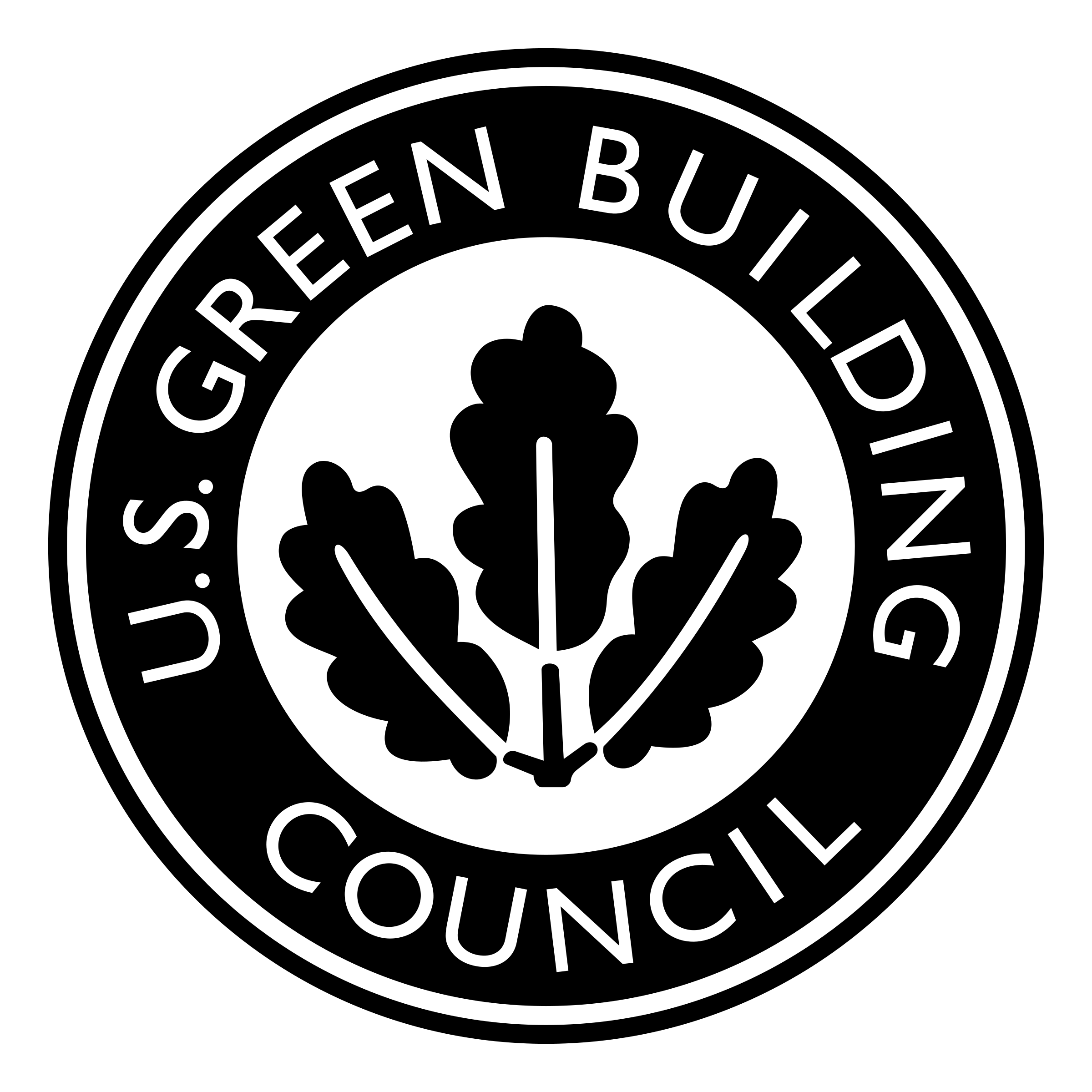
Chemical Processing
 Electrical control panels play a crucial role in the Chemical Processing Industry (CPI) by providing a centralized and organized means of controlling and monitoring various electrical and automation processes within a facility. The CPI encompasses a wide range of operations, including the manufacturing of chemicals, petrochemicals, pharmaceuticals, and other related products. Here are several key aspects to consider when exploring the use of electrical control panels in the Chemical Processing Industry:
Electrical control panels play a crucial role in the Chemical Processing Industry (CPI) by providing a centralized and organized means of controlling and monitoring various electrical and automation processes within a facility. The CPI encompasses a wide range of operations, including the manufacturing of chemicals, petrochemicals, pharmaceuticals, and other related products. Here are several key aspects to consider when exploring the use of electrical control panels in the Chemical Processing Industry:
Process Control and Automation:
-
- Control panels serve as the nerve center for process control and automation systems in the CPI. They facilitate the regulation of temperature, pressure, flow, and other critical parameters in various stages of chemical production.
- Automation within the control panels helps improve efficiency, accuracy, and safety by reducing the need for manual intervention in routine operations.
Safety and Emergency Shutdowns:
-
- Electrical control panels are integral to implementing safety measures and emergency shutdown systems. They can quickly isolate equipment or entire processes in case of abnormal conditions, preventing accidents and minimizing the impact of potential hazards.
- Safety features such as alarms, emergency stops, and interlocks are often integrated into control panels to ensure a rapid response to any unexpected situations.
Integration of Instruments and Sensors:
-
- Control panels house a multitude of instruments and sensors that gather data from the production processes. These instruments include temperature sensors, pressure transmitters, level indicators, and flow meters.
- The integration of these sensors allows for real-time monitoring of critical parameters, enabling operators to make informed decisions and adjustments to optimize production efficiency.
Remote Monitoring and Control:
-
- In modern chemical processing plants, remote monitoring and control capabilities are becoming increasingly important. Control panels are designed to facilitate remote access, allowing operators to monitor processes and make adjustments from a centralized location.
- Remote capabilities also enhance the overall responsiveness to issues, reduce downtime, and contribute to more efficient maintenance practices.
Compliance and Reporting:
-
- Control panels are instrumental in ensuring compliance with industry regulations and standards. They often include features that log and store data for reporting purposes, aiding in regulatory compliance audits.
- Automated reporting functions within control panels help streamline documentation processes and ensure that the facility meets environmental, safety, and quality standards.
Energy Management:
-
- Efficient energy management is a critical concern in the CPI. Control panels can be equipped with energy monitoring devices to track power consumption and optimize the use of resources.
- Energy-efficient control strategies, such as variable frequency drives and optimized control algorithms, can be implemented through control panels to reduce overall energy costs.
Scalability and Future Expansion:
-
- Control panels are designed to be scalable, accommodating future expansions or modifications in the production processes. This flexibility ensures that the control system can adapt to changes in the plant layout or the addition of new equipment.
In summary, electrical control panels are indispensable components in the Chemical Processing Industry, providing the necessary infrastructure for efficient, safe, and compliant operations. Their role extends from process control and automation to safety implementation, data monitoring, and facilitating future advancements in industrial technology.
Our Industries
- Agricultural Industry
- Automotive Manufacturing
- Chemical Laboratories
- Chemical Processing Industry
- Data Centers
- Educational Institutions
- Entertainment and Broadcasting Industry
- Food and Beverage Processing Industry
- Manufacturing Industry
- Medical Equipment Manufacturing Industry
- Mining and Minerals Processing Industry
- Oil and Gas Industry
- Pharmaceutical Manufacturing Industry
- Pulp and Paper Manufacturing Industry
- Rail Transportation Industry
- Renewable Energy Industry
- Research Laboratories
- Telecommunications Industry
- Textile Industry
- Transportation Industry
- Water and Wastewater Treatment
- Controls Services MAIN PAGE >












